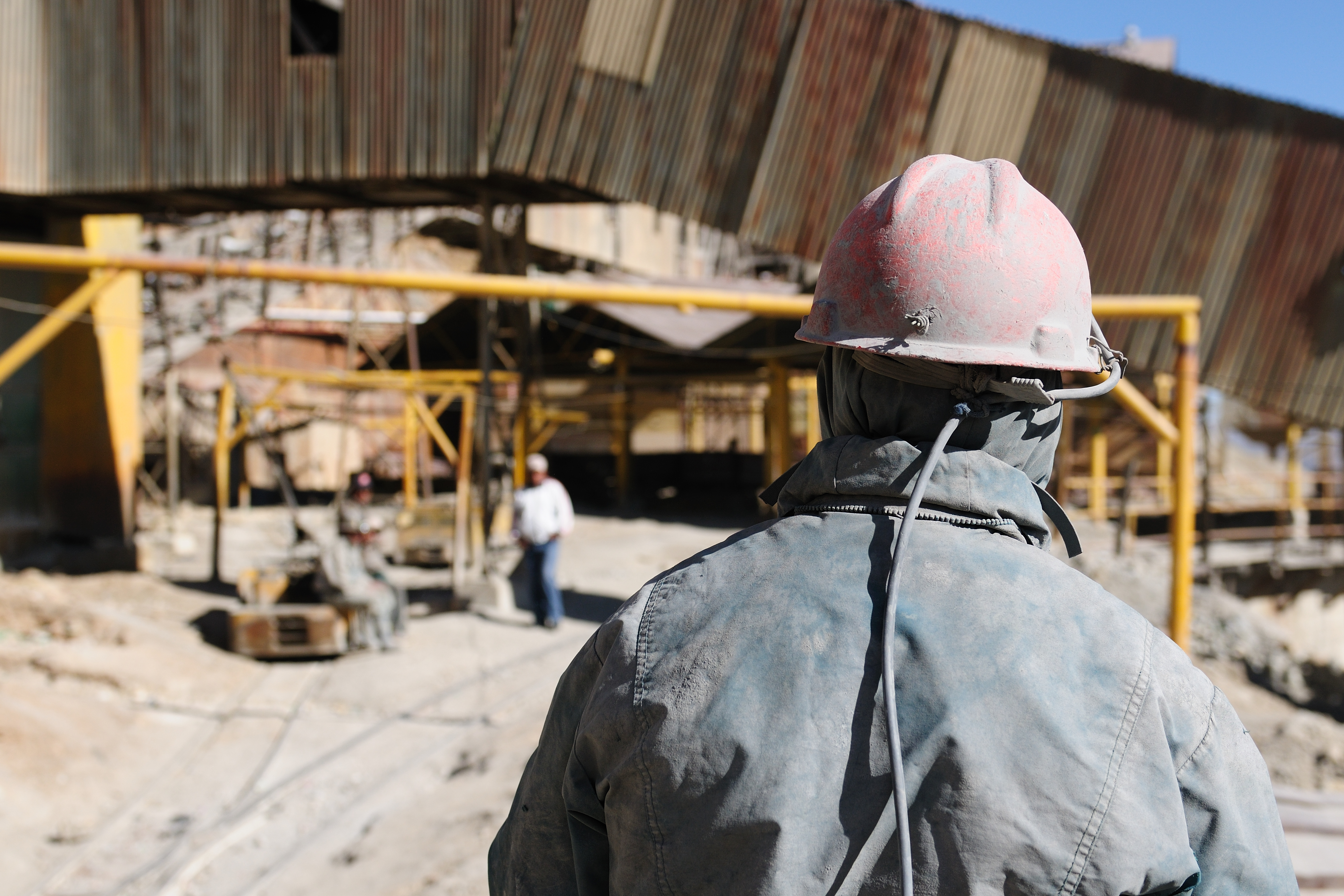In most Latin American nations, governments have implemented health and social isolation measures to contain the spread of the COVID-19 pandemic.
Within the framework of these restrictions, exceptions have been established for activities considered essential, including emergency care, the provision of health services, and the marketing and supply of essential goods.
However, the governments of Bolivia, Ecuador and Peru have also exempted mining and oil activities from the restrictions, stating they are in the national interest.
The exceptional treatment accorded to extractive activities in some countries of the region has significantly increased the vulnerability of indigenous peoples, and amplified the risks and threats they face, since these operations are carried out in their territories.
In addition, the entry and exit of workers without proper health measures diminishes the effectiveness of the protective measures adopted by these peoples, such as epidemiological fences or social isolation. Thus, there is an increase in the spread of the virus and in the number of infected persons. In addition, in practice, these rural populations have little or no access to the health and sanitation services needed to deal with a health crisis such as that generated by COVID-19.

